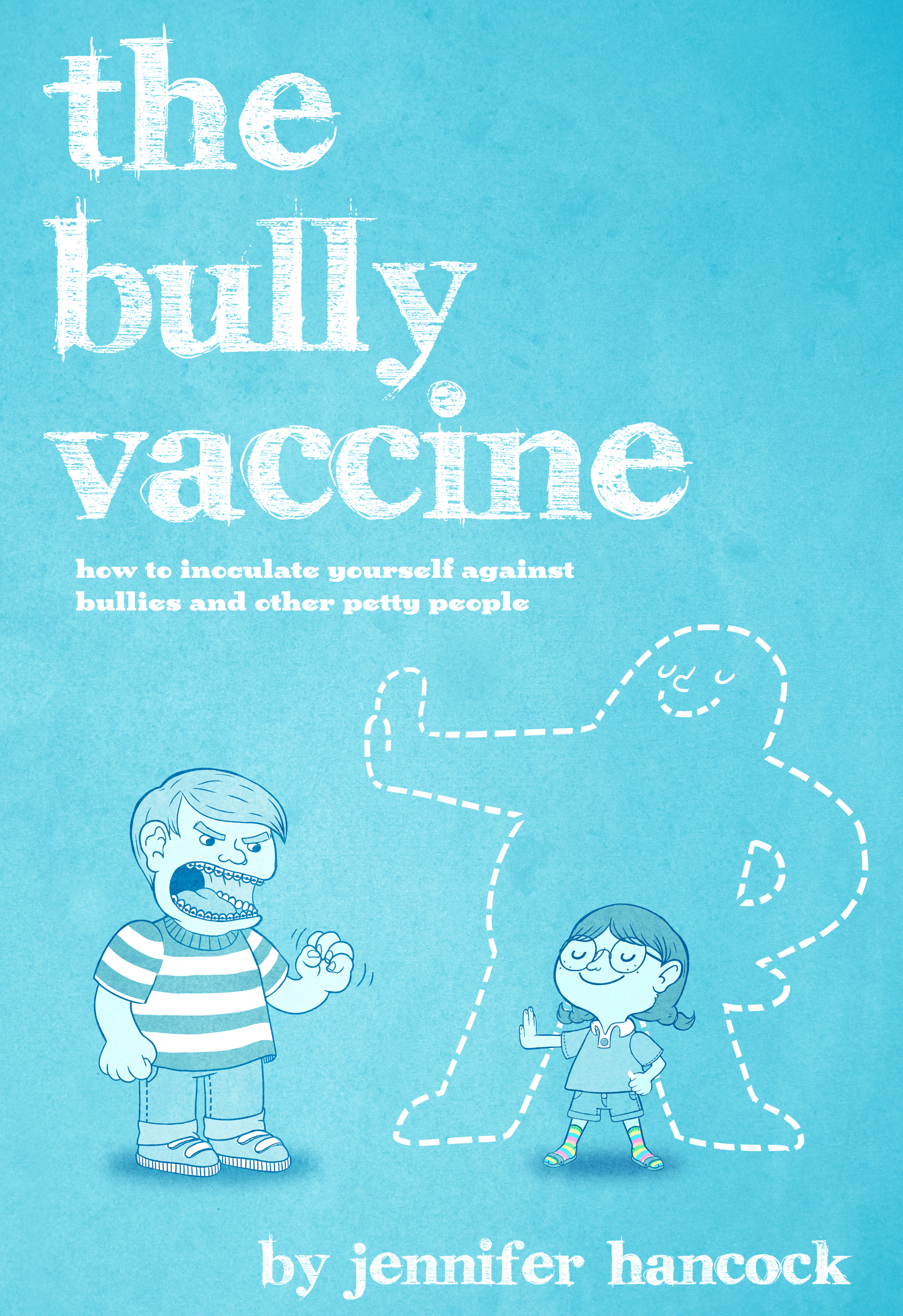
Every parent worries that their child will become the victim of bullying. And for good reason. At some point, most kids will be bullied.
For far too long bullying prevention has focused on survival. The common wisdom is that you can't stop bullying, so the best you can hope for is to survive with without too much trauma.
While it is certainly true that things do eventually get better, wouldn't it be more effective and less traumatic to teach people HOW to get bullies to stop?
My approach is unique. I won't just teach you how to get bullies to stop, I will teach you the science behind WHY these techniques work so that you and your child will be able to finally get bullies to stop.
Bullying can be stopped but it takes knowledge and a commitment to get it done. If your child has been dealing with chronic bullying, you owe it to them to teach them the skills they need to be successful.
Genre: JUVENILE NONFICTION / Social Issues / BullyingThis book has sold almost 1,000 copies since it's release. It has been on the best seller list at Amazon for 5 years now.
Chapter 2: What is Bullying?
According to Wikipedia, bullying is a form of aggressive behavior, which may manifest as abusive treatment. Bullying can be verbal, non-verbal or physical. While bullying can be defined in many different ways it is often directed persistently towards particular victims, because of race, religion, gender, sexuality, or ability.
The problem is that the word we use to describe bullying doesn’t do the actual experience justice. When bullying involves hitting, kicking, punching and threatening, it is actually a form of criminal behavior and should be treated as criminal. But even if all that occurs is some name-calling, bullying is still abusive.
We should not ignore the emotional effects of bullying because they can be severe. Some victims suffer long-term stress problems as a result of bullying. Some people are so upset by the experience; they commit suicide to get away from the torment. Others have been known to retaliate by shooting their classmates. The better prepared you are to deal with it, the less you will suffer from its effects. Knowledge really is power.
Operant Conditioning Primer
In the meantime, here is an Operant Conditioning primer. It turns out that all animals, including humans, respond to things that happen to us. Things that happen can be good (positive reinforcement) or bad (negative reinforcement). When we do things that create positive reinforcement, we tend to want to do that thing more and more because it was good for us. If we do something that causes negative reinforcement, we tend to want to do that thing less and less because it was bad for us.
| Language | Status |
|---|---|
|
Italian
|
Already translated.
Translated by Simona Casaccia
|
|
Portuguese
|
Already translated.
Translated by Laís Barreto
|
|
|
Author review: He was very easy to work with. Responsive and my proof reader/editor said there wasn't any corrections needed. So - great job. |
|
Spanish
|
Already translated.
Translated by Jorge Ledezma
|
|
|
Author review: Jorge was wonderful to work with. Very conscientious. My proof reader had no real corrections or edits to request. Great job. Good translator. |